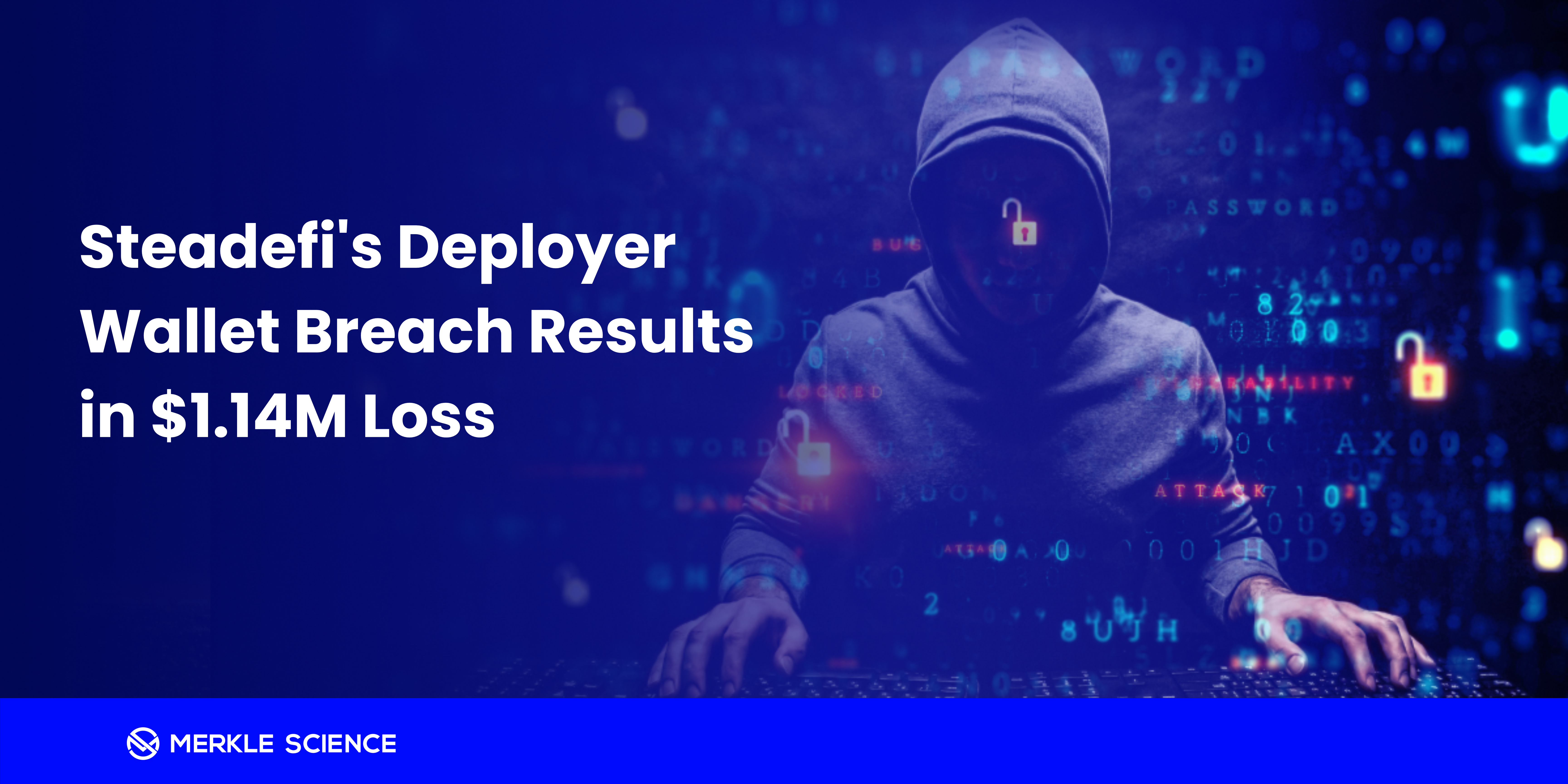This is the first piece in an ongoing series that decodes the U.S. Department of Treasury’s assessment of DeFi Services. In this piece, the Merkle Science team will be breaking down cyber-related vulnerabilities highlighted in the assessment.
To learn more about Blockchain Analytics and how it can help you move forward with safety and security in a decentralized world, watch out for our next piece.
Earlier today, the U.S. Department of Treasury published an assessment titled “Illicit Finance Risk Assessment of Decentralized Finance”(the assessment). The assessment explores how illicit actors are abusing DeFi services and the vulnerabilities that are unique to such services.
The assessment finds that illicit actors, including ransomware cybercriminals, thieves, scammers, and Democratic People’s Republic of Korea (DPRK) cyber actors, are using DeFi services in the process of transferring and laundering their illicit proceeds.
Therefore, with the state of crypto crime constantly evolving and illicit actors becoming increasingly sophisticated, it is important, now more than ever, to remain vigilant in order to protect against emerging threats. Across all the hacks in 2022, attackers majorly targeted DeFi platforms and services. Out of the total amount lost in crypto-related attacks, more than 81% were swindled from DeFi platforms leading to a loss of more than $3.9 billion.
As noted in Merkle Science’s Hackhub Report across thousands of services in DeFi, the center for the majority of the attacks were cross-chain bridges. Out of the $3.9 billion stolen by illicit actors, more than 60% were swindled from cross-chain bridges alone.
Breaking Bridges












